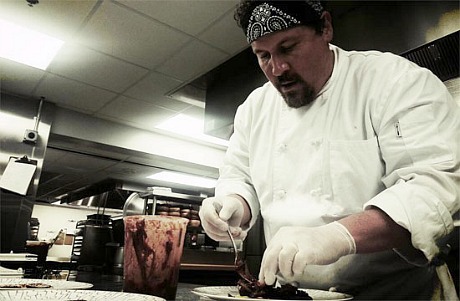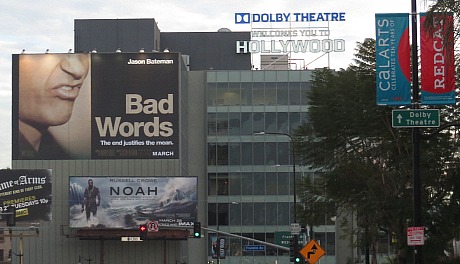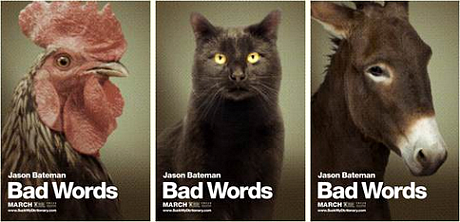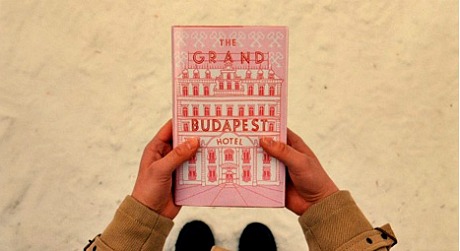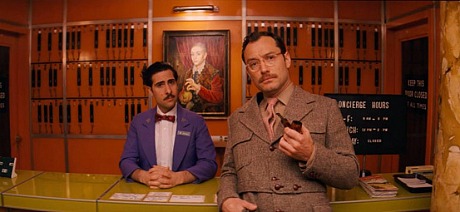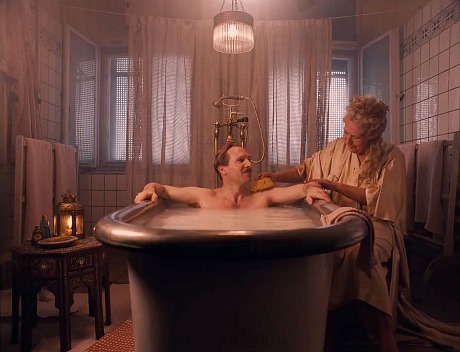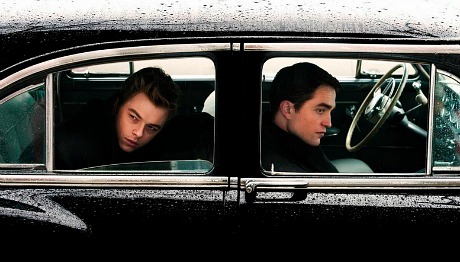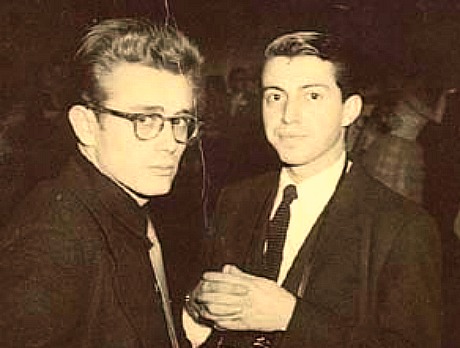The likeliest Best Picture contenders of 2014 will, as usual, be made by respected people with strong resumes and, as usual, contain strong, socially resonant material that will probably push mainstream buttons. Particularly among over-25 women. Two of the likeliest will be directed by women, and four will primarily be about women. Plus a couple of dramedies, a crime drama, an epic Biblical drama, two World War II dramas, a more-or-less modern war drama and so on. In a word, varied. Nobody knows anything and I’m obviously just guessing at this stage, but here are the films I’m presuming will be among the final picks:
1. Alejandro Gonzalez Inarritu‘s comedic Birdman (seen in a rough version by a friend last July and described as AGI’s “best, most humanistic work!”); 2. J.C. Chandor‘s A Most Violent Year (’80s-set, Sidney Lumet-ish Manhattan crime drama); 3. Ridley Scott‘s Exodus (Ridley Scott/Kingdom of Heaven treatment given to Biblical tale of Moses, Egyptians and Hebrew slaves); 4. Angelina Jolie‘s Unbroken (World War II survival saga, All Is Lost/Life of Pi + Japanese prison camp); 5. Jean Marc Vallee‘s Wild (makeup-free Reese Witherspoon discovering herself and the American character on a long-distance hike); 6. Saul Dibbs‘ Suite Francaise (married rural-residing French woman has affair with German solder during World War II); 7. Michel Hazanavicius‘ The Search (remake of Fred Zinneman‘s same-titled 1948 film, relationship between a woman and a young boy in war-torn Chechnya, Berenice Bejo and Annette Bening costarring); 8. Jason Reitman‘s Men, Women & Chidren (ensemble social-sexual dramedy with Adam Sandler, Jennifer Garner, Judy Greer, et. al.) ; 9. Sarah Gavron‘s Suffragette (British-set, turn-of-the-century drama about female voting-rights struggle, script by The Queen‘s Abi Morgan, costarring Carey Mulligan, Helena Bonham Carter and Meryl Streep).


